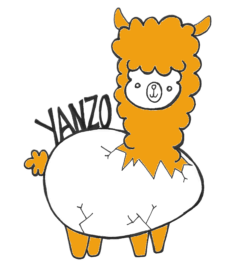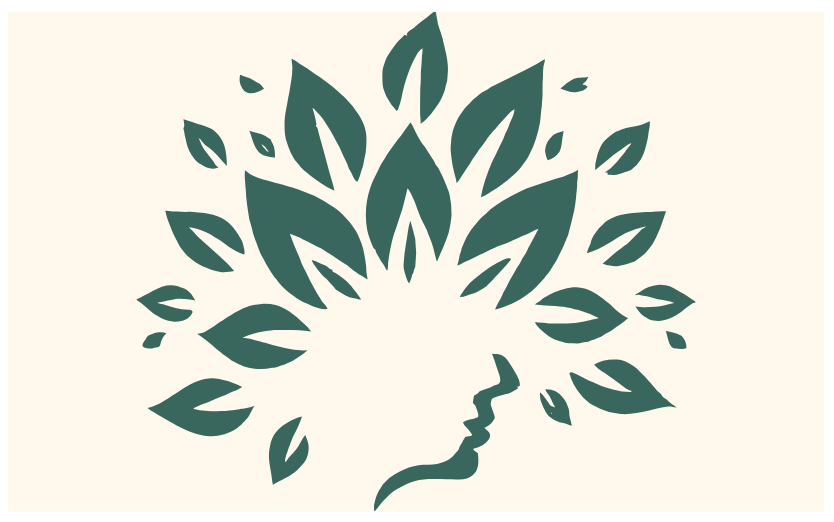Personal Strengths for Ultimate Self Growth
Introduction
Personal growth and development is an ongoing journey. It is about recognizing your strengths, overcoming your weaknesses, and unlocking your potential to achieve your goals. This article explores various strategies and techniques that can help you identify and develop your strengths, turning them into powerful tools for self-improvement.
Understanding the Concept of Personal Strengths
Before we jump into the process of identifying and developing personal strengths, it’s crucial to understand what they are. Personal strengths are a combination of skills and personality traits that you possess.
These can range from cognitive abilities and emotional intelligence to creativity and problem-solving skills. Recognizing and developing these strengths can lead to higher levels of productivity, efficiency, and satisfaction, both in personal and professional contexts.

Distinguishing Between Strengths and Weaknesses
Recognizing your strengths and weaknesses is a pivotal step towards personal growth. Your strengths are the areas where you excel. They can be skills you’ve mastered, talents you’ve nurtured, or even personality traits that naturally align with your goals.
On the other hand, weaknesses are areas where you need improvement. Understanding this distinction is crucial for setting realistic goals and mapping out a developmental plan.
Strategies to Identify Your Personal Strengths
Identifying your personal strengths is the first step towards effective self-development. Here are some strategies you can employ to identify your strengths:
1. Self-Reflection
Self-reflection is a powerful tool for identifying your strengths and areas for improvement. It involves setting aside time to introspect and evaluate your experiences, actions, and interactions. This process can help you understand your strengths and weaknesses from a personal perspective, providing a solid foundation for your developmental plan.
2. Strengths Test
Taking a strengths test is a straightforward and efficient way to identify your strengths. These tests are usually designed to measure your skills and personality traits, providing you with a comprehensive understanding of your strengths and areas for improvement.

3. Feedback from Others
Another effective way to identify your strengths and weaknesses is by seeking feedback from others. This can include friends, family, colleagues, or even mentors. Their perspectives can provide valuable insights into your abilities and areas for improvement.
4. Journaling
Keeping a journal or diary can be a helpful tool in identifying your strengths and weaknesses. By recording your thoughts, feelings, and actions on a daily basis, you can identify patterns, habits, and behaviors that can shed light on your strengths and areas that need improvement.
Strategies for Developing Your Personal Strengths
Once you’ve identified your strengths, the next step is to develop them. This involves setting specific goals and creating an action plan to achieve them. Here are some strategies you can employ to develop your strengths:
1. Set Realistic Goals
Setting realistic goals is a crucial part of developing your strengths. These goals should be aligned with your strengths and should be achievable within a specific timeframe. Remember, the purpose of setting goals is not to set unrealistic expectations but to create a roadmap for your personal growth journey.
2. Practice
Just like any other skill, developing your strengths requires practice. Whether it’s improving your communication skills, enhancing your problem-solving abilities, or nurturing your creativity, consistent practice is key to mastering your strengths.
3. Seek Mentorship
Mentorship can play a crucial role in developing your strengths. A mentor can provide you with valuable insights, guidance, and feedback, helping you refine your strengths and overcome your weaknesses.
4. Continuous Learning
Continuous learning is a vital part of personal growth and development. This involves seeking new knowledge, learning new skills, and staying updated with the latest trends and developments in your field of interest.
The Role of Weaknesses in Personal Growth

While focusing on your strengths is important, it’s equally crucial to acknowledge and address your weaknesses.
Recognizing your weaknesses can help you understand areas where you need improvement. Furthermore, it can help you strategize ways to compensate for these weaknesses by leveraging your strengths.
Conclusion
Personal growth and development is a continuous journey that requires self-awareness, goal setting, and continuous learning. By identifying and developing your strengths, you can unlock your potential and achieve your personal and professional goals. So, start today, recognize your strengths, set realistic goals, and embark on your journey towards self-improvement.
Additional Resources
For those looking for additional resources to identify and develop their strengths, various online platforms provide strength assessments and coaching. These resources can provide you with a deeper understanding of your strengths and offer guidance on how to develop them further.
In conclusion, developing your personal strengths is not just about improving your skills or talents. It’s about understanding yourself better, setting realistic goals, and continuously learning and growing. With the right approach and resources, you can harness your strengths to achieve your personal and professional goals and embark on a fulfilling journey of self-improvement.

Reference
[1] https://www.quora.com/How-can-recognizing-your-own-strengths-and-weaknesses-help-develop-better-personal-qualities
[2] https://medium.com/mind-talk/identifying-your-strengths-and-weaknesses-for-self-improvement-4c90e4d52db7
[3] https://high5test.com/identifying-personal-strengths/
[4] https://www.linkedin.com/pulse/how-develop-your-strengths-mark-russell
[5] https://www.gallup.com/cliftonstrengths/en/402029/how-to-develop-improve-strengths.aspx

